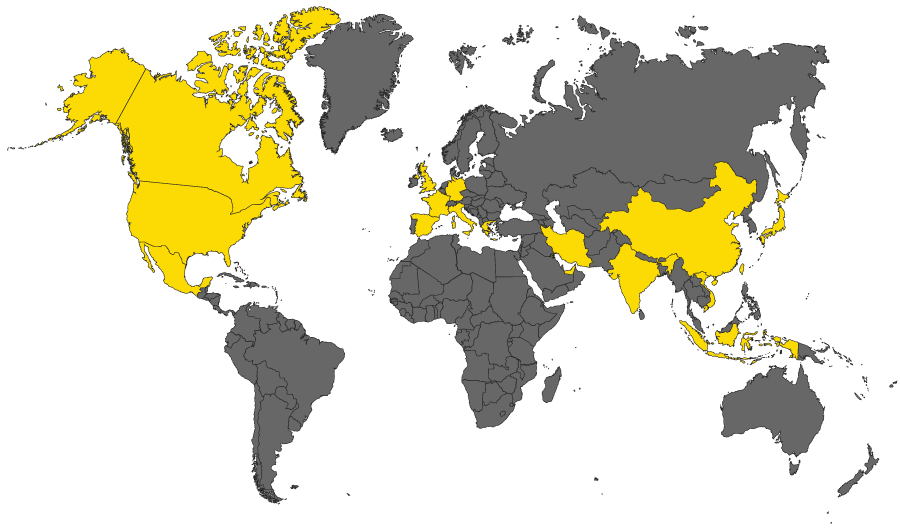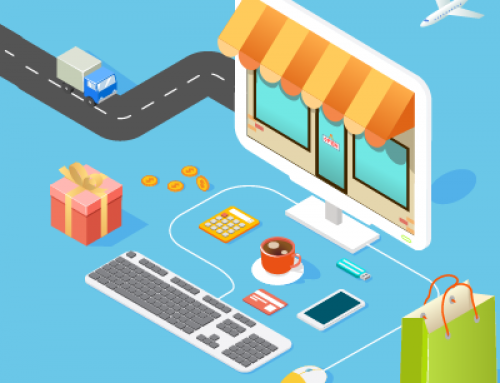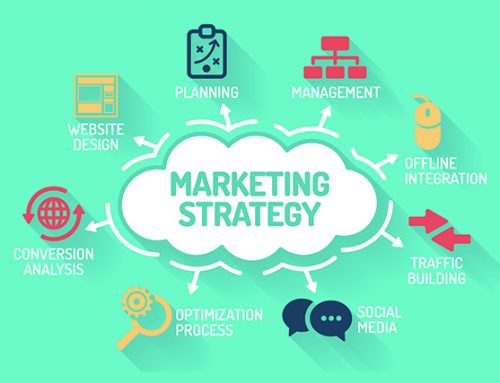
Blogs.
Blogs.
6 significant changes in consumer psychology during and after the disease Covid-19
The Covid-19 pandemic will have a long-lasting effect on consumers in which many of whom have lost loved ones, jobs and businesses. Life can thus change into a new normal state, which is very different from before. This will also reshape the way brands reach customers in terms of psychology after the epidemic is over. Below are some psychological effects on buyer during and after the disaster named coronavirus.

#1. Anxiously obsessed with disease
During the outbreak, 18% of the world’s population had family or friends affected by Covid-19, with 5% of those having relatives dying from the epidemic, according to Agility PR. This contagious disease puts millions of people in unemployment, billions of people are quarantined and it mostly causes everyone in the world feeling themselves and their loved ones at risk.
Consequently, consumers become more insecure and negative. 22% of those who say they are experiencing feelings of insecurity when “stuck” in the house. While 19% worry about running out of money, the majority of these are young people aged 18-24.
#2. Enterprises become more trustworthy
Edelman’s information states that in some countries where governments are not active in fighting the epidemic, consumers trust businesses more than the state. 62% of survey participants said their country would not be able to survive the crisis without businesses. In the US, 55% of respondents said brands are eventually responding faster and more effectively than the government.
Since then, consumers want companies to pay more attention to employee health and products to create sympathy for the community. 71% say they will lose their trust in the brand forever if they recognize a brand is putting profit on people.

#3. More carefulness in expenditures
Consumers plan to carefully plan their spending whether or not there is an epidemic in the future. 37% of respondents will prioritize satisfying basic needs at home – including working, online communication, media exposure and shopping for practical retail items.
Currently, 65% of consumers are delaying purchases and travel plans, 27% are saving more than usual and 26% are expected to save more in the future.
#4. Change points of view about home working
36% of Proper Insights survey respondents said they would like to continue working at home after the disease is over. 40.7% of them are male, 32.5% are female.
Therefore, investing in a model that works anywhere, anytime, on any device and applying working practices that give the company an advantage in the middle of the epidemic season should become a top priority for the business.
#5. More dependence on technology
This mentality has indirectly supported businesses that provide digital transformation services, such as teleworking tools and online conferencing platforms, grow actively. The evidence for this is a series of companies like Facebook, Amazon, Google or Apple are hunting for more technology personnel.
Amazon currently opens more than 20,000 technology professional vacancies in addition to 175,000 logistics and delivery positions. The company said that it has recently witnessed a rapid increase in demand during the middle of the season. The social networking giant Facebook will also recruit 10,000 new workers for the engineering and product development team by the end of this year.
13% of consumers have been increasingly using robots since January 2020 at retail locations. This has led businesses to boost their leverage of business technology, such as Walmart equipped with floor cleaning robots. South Korea also uses robots to measure the temperature and distribution of hand sanitizer. Fast food firm McDonald’s is also experimenting with using robots in cooking and serving customers at the store.
#6. Treasure daily life more
One-third of today’s users agree that they will appreciate what is often overlooked activities such as eating out, going to coffee or travelling. They will also reflect on what they value most, according to a survey by Ernst & Young.
Remarkably, 1/4 also said they would pay attention to what they consume more along with the impact of shopping. Thus, in the post-Covid-19 world, people will increasingly pay notice to the consequences that appear based on their choices.
Global reach.
Personal Service.





















